 Welcome
Welcome
“May all be happy, may all be healed, may all be at peace and may no one ever suffer."
Sarcoma
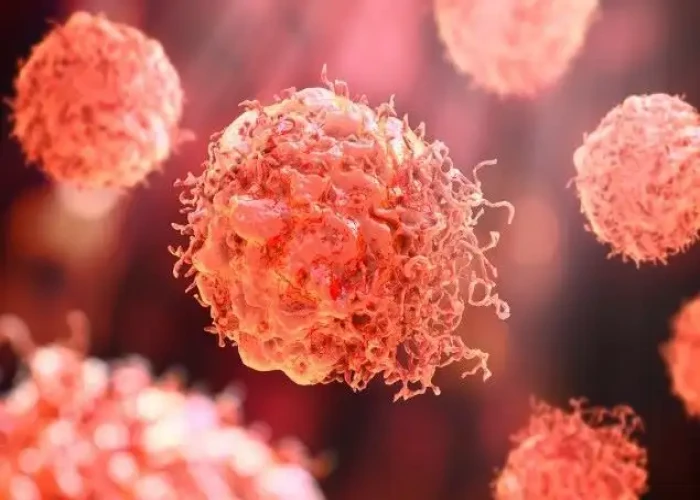
Sarcoma is a type of cancer that originates in the connective tissues, which include bones, muscles, cartilage, fat, blood vessels, and other supportive tissues in the body. Sarcoma can occur anywhere in the body, but most commonly affects the arms, legs, and torso.
There are many different types of sarcoma, which are classified based on the type of tissue they originate from. Some common types of sarcoma include osteosarcoma (bone sarcoma), chondrosarcoma (cartilage sarcoma), liposarcoma (fat sarcoma), and leiomyosarcoma (smooth muscle sarcoma).
Symptoms of sarcoma may include a lump or swelling in the affected area, pain or tenderness, limited mobility or function, and in some cases, weight loss, fatigue, or other systemic symptoms.
Diagnosis of sarcoma typically involves a combination of medical history, physical examination, imaging studies such as X-ray, CT scan, or MRI, and biopsy of affected tissue to confirm the presence of cancerous cells.
Treatment for sarcoma may depend on the type and stage of the cancer, as well as the overall health of the patient. Options may include surgery to remove the tumor, radiation therapy to kill cancer cells, and chemotherapy or other drug therapies to destroy cancer cells or prevent recurrence.
Prognosis for sarcoma can vary widely depending on the type and stage of the cancer, as well as the effectiveness of treatment. In general, early diagnosis and treatment can improve outcomes and reduce the risk of recurrence. Regular medical follow-up is important to monitor for any signs of disease progression or recurrence.
Research Papers
Disease Signs and Symptoms
- Bone pain
- Broken bones or sprains
- Weight loss
- Abdomen pain
- A broken bone that happens unexpectedly, such as with a minor injury or no injury at all
- A lump that can be felt through the skin that may or may not be painful
Disease Causes
Sarcoma
It's not clear what causes most sarcomas.
In general, cancer forms when changes (mutations) happen in the DNA within cells. The DNA inside a cell is packaged into a large number of individual genes, each of which contains a set of instructions telling the cell what functions to perform, as well as how to grow and divide.
Mutations might tell cells to grow and divide uncontrollably and to continue living when normal cells would die. If this happens, the accumulating abnormal cells can form a tumor. Cells can break away and spread (metastasize) to other parts of the body.
Disease Prevents
Disease Treatments
Sarcoma is usually treated with surgery to remove the cancer. Other treatments might be used before or after surgery. Which treatments are best for you will depend on the type of sarcoma, its location, how aggressive the cells are and whether cancer has spread to other parts of your body.
Treatment for sarcoma might involve:
- Surgery. The goal of surgery for sarcoma is to remove all of the cancer cells. Sometimes it's necessary to amputate an arm or leg to remove all of the cancer, but surgeons try to preserve limb function when possible. Sometimes all of the cancer can't be removed without hurting important structures, such as nerves or organs. In these situations, the surgeons work to remove as much of the sarcoma as possible.
- Radiation therapy. Radiation therapy uses high-powered energy beams, such as X-rays and protons, to kill cancer cells. The radiation can come from a machine that moves around your body directing the beams of energy (external beam radiation). Or the radiation might be placed in your body temporarily (brachytherapy). Sometimes radiation is done during an operation to remove the cancer (intraoperative radiation).
- Chemotherapy. Chemotherapy is a drug treatment that uses chemicals to kill cancer cells. Some types of sarcoma are more likely to respond to chemotherapy treatment than others.
- Targeted therapy. Targeted therapy is a drug treatment that uses medicines that attack specific weaknesses in cancer cells. Your doctor may have your sarcoma cells tested to see if they are likely to respond to targeted therapy drugs.
- Immunotherapy. Immunotherapy is a drug treatment that uses your immune system to fight cancer. Your body's disease-fighting immune system may not attack your cancer because the cancer cells produce proteins that blind the immune system cells. Immunotherapy drugs work by interfering with that process.
- Ablation therapy. Ablation therapy treatments destroy cancer cells by applying electricity to heat the cells, very cold liquid to freeze the cells or high-frequency ultrasound waves to damage the cells.
Disease Diagnoses
Disease Allopathic Generics
Disease Ayurvedic Generics
Disease Homeopathic Generics
Disease yoga
Sarcoma and Learn More about Diseases
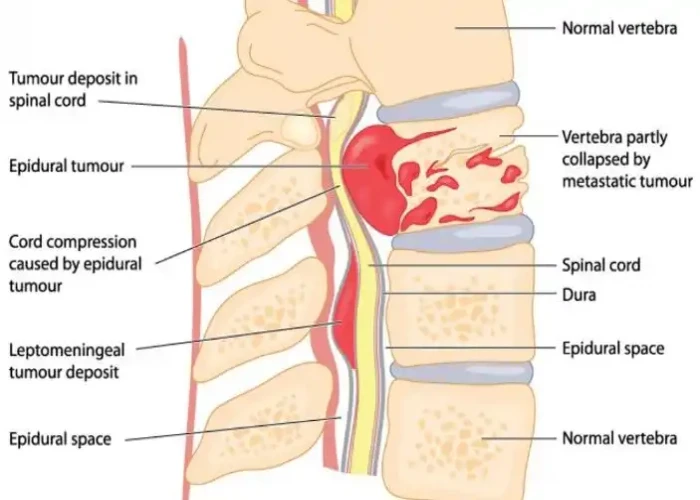
Vertebral tumor

Autonomic neuropathy
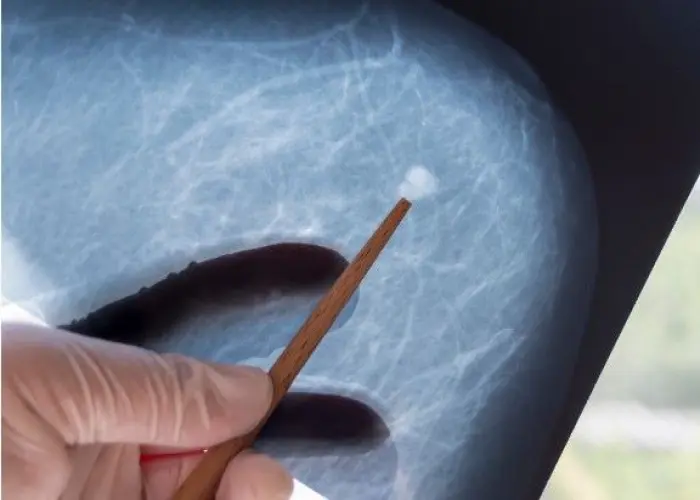
Fibrous dysplasia

Respiratory syncytial virus (RSV)
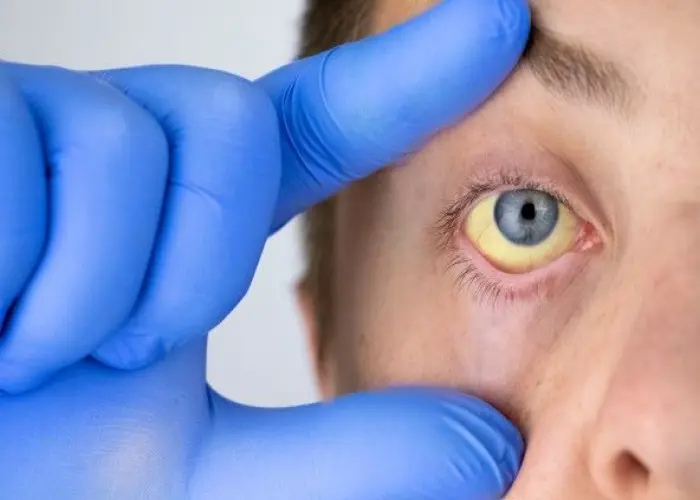
Gilbert's syndrome

Factor V Leiden
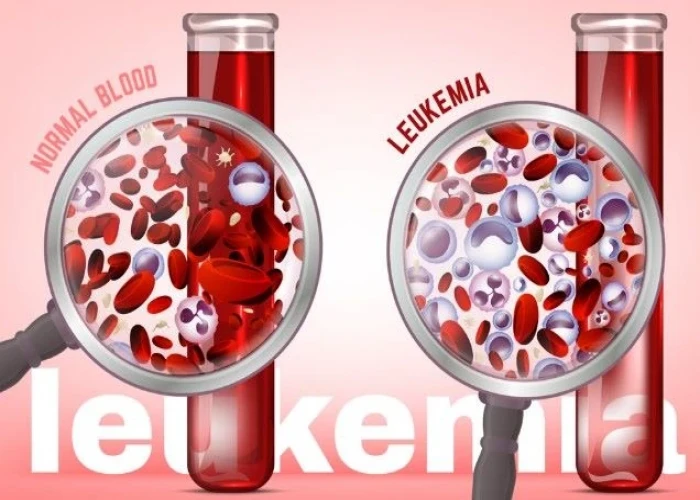
Leukemia

Torn meniscus
sarcoma, সারকোমা
To be happy, beautiful, healthy, wealthy, hale and long-lived stay with DM3S.
